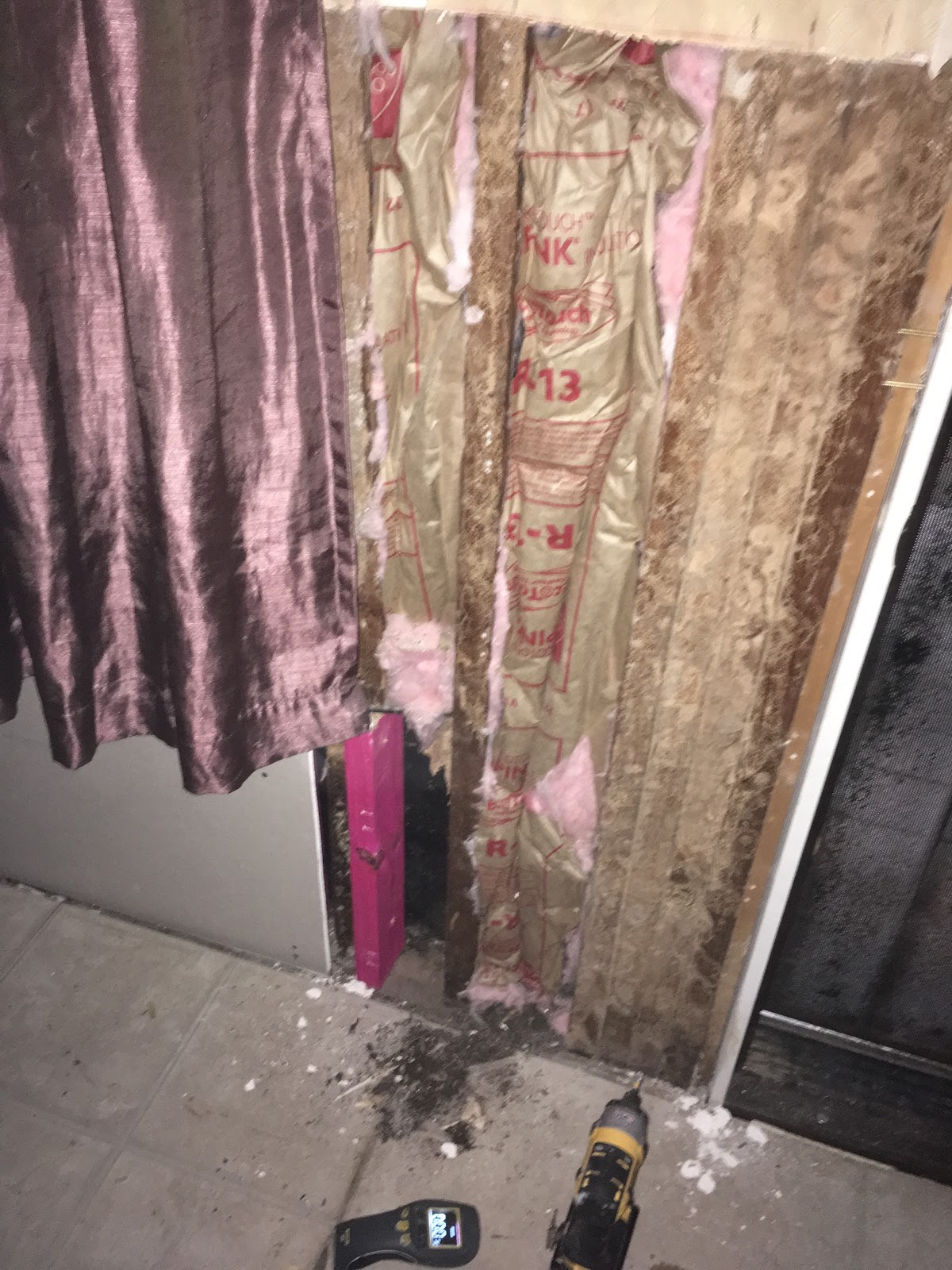By West St. Recovery Member, Ben Hirsch
Editor's Note: West St. Recovery (WSR) is a Houston-based horizontally organized grassroots mutual aid group, which aims to use efforts toward recovery after Hurricane Harvey to build community power. The Lone Star Chapter of the Sierra Club donated funds to WSR last September (as well as other frontline organization vetted for the Jemez Principles) and has been publishing updates from WSR members on the organization's ongoing work. To check out past WSR reflections we've published: Mutual Aid In Harvey's Wake and Reflecting On The Busy Post-Harvey Holiday Season.
--
It’s now been six months since Harvey and the major work of repairing houses of those living in northeast Houston is finally beginning to gain steam. After months of planning and some understandable delays, major aid groups Baker Ripley, All Hands All Hearts, and Catholic Charities are beginning the rebuilding process on a larger scale. West Street Recovery has spent much of the last few months rebuilding sections of homes and we will continue to do so. However, we also realize that we’re a small grassroots organization, and the scale of what we’re capable of - installing drywall in a few rooms of a couple dozen houses - is just not enough for the destruction Harvey left in its wake.
Knowing that, we’ve recently been stepping up our efforts to help families sign up with other organizations such as All Hands All Hearts, Avenue CDC, and Saint Bernard Project, which have larger capacities and more resources. In addition, we have tried to work with each organization to ensure they are really going to be helpful allies in recovery. Sharing knowledge of available resources and social services has always been at the center of our work, but helping residents sign up for rebuilding assistance in particular is much more time intensive. It requires understanding the sign up requirements and geographic restrictions of each home repair organization, working with families to see if they match the criteria, and coordinating with the rebuilding organizations to ensure that the residents we work with are not overburdened with paperwork that get them nowhere. By building partnerships with these more experienced organizations, we feel like we’ve been engaging in a mutually beneficial relationship: We’re gaining the opportunity to learn from more tried and true processes while continuing to push aid organizations to act equitably and with increased transparency.
In addition to philanthropic efforts, we are now beginning to see direct housing assistance from FEMA arrive in the form of PREPS, a rebuild program administered by the General Land Office of Texas. Sadly, much of the work we have seen completed through this program has been of low quality and families have had difficulty dealing with subcontracted companies. In response, we’ve worked to get families the GLO hotline number and helped them advocate for themselves, shared stories with our allies at Texas Housers and the Texas Organizing Project (who are advocating to the City of Houston on behalf of our residents), and helped residents prepare for contractors so that their needs are met the first time around.
 An example of low quality PREPS work
An example of low quality PREPS work
This situation raises deep questions for anyone working in equitable disaster relief.
Is public criticism of direct assistance programs like PREPS and agencies like FEMA fair when they may be the best hope of direct aid for families?
How much should we expect from FEMA/PREPS in direct aid as opposed to cash payments and what are the benefits of each type of assistance?
What recovery strategies for sheltering and rebuilding are most efficient and which provide families with dignified living conditions the fastest?
How can all of these efforts be improved?
Climate change is a reality and extreme weather is part of our future, so the questions about how to recover with dignity and efficiency are more urgent than ever. At West Street Recovery, we believe that the people who were flooded out are a key group of experts on these questions and we will continue to work with residents and allies alike to create space for their voices in these conversations.
As rebuilding continues, we have been saddened and frightened to learn of homes that have not yet been mucked out or received mold treatment but still have residents living inside them. This presents long-term health risks, that of which the full impact may never be understood. We are trying to organize crews for mucking and coordinating with other groups to get families out of the mold as quickly as possible. That this is still the reality for some Houston communities six months post-Harvey, while other parts of the city have already had the privilege to move on with their lives, is proof of the inadequate, disproportionate response to the storm.
Despite exhaustive and dedicated efforts by some aid groups and a long list of volunteers, people are still falling through the cracks in low and moderate income communities populated primarily by people of color. While we and others scramble to address the basic needs of these families, we are realizing more and more that we need to take the time to sit and think, as well as organize and prepare, so that when there is a next time, it isn’t like this.